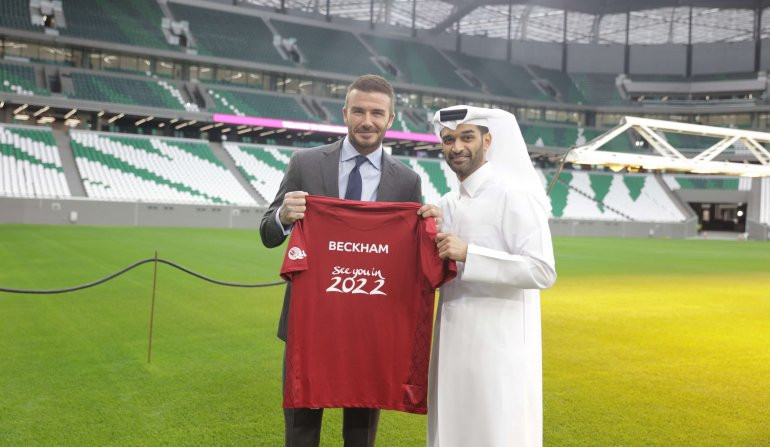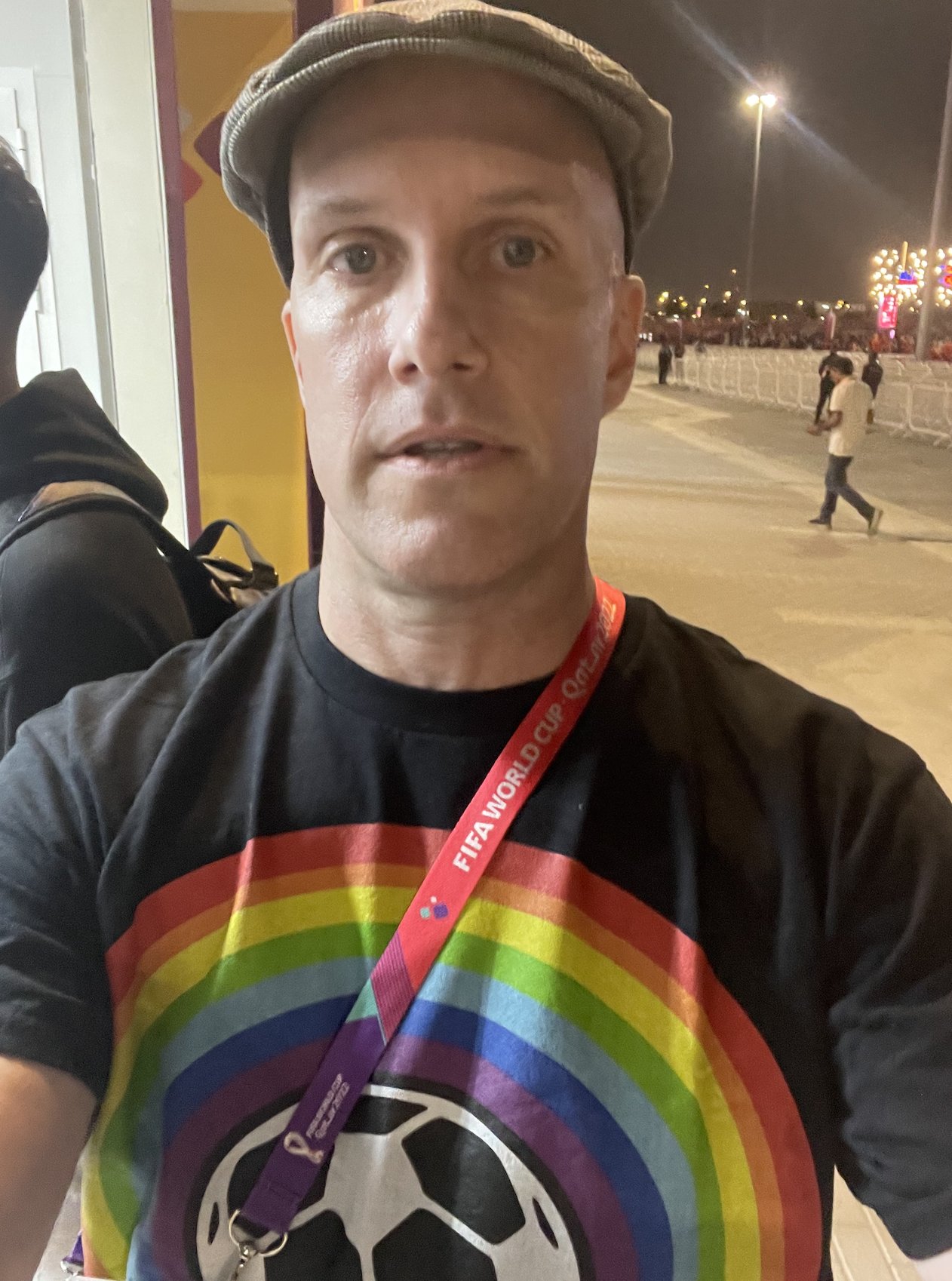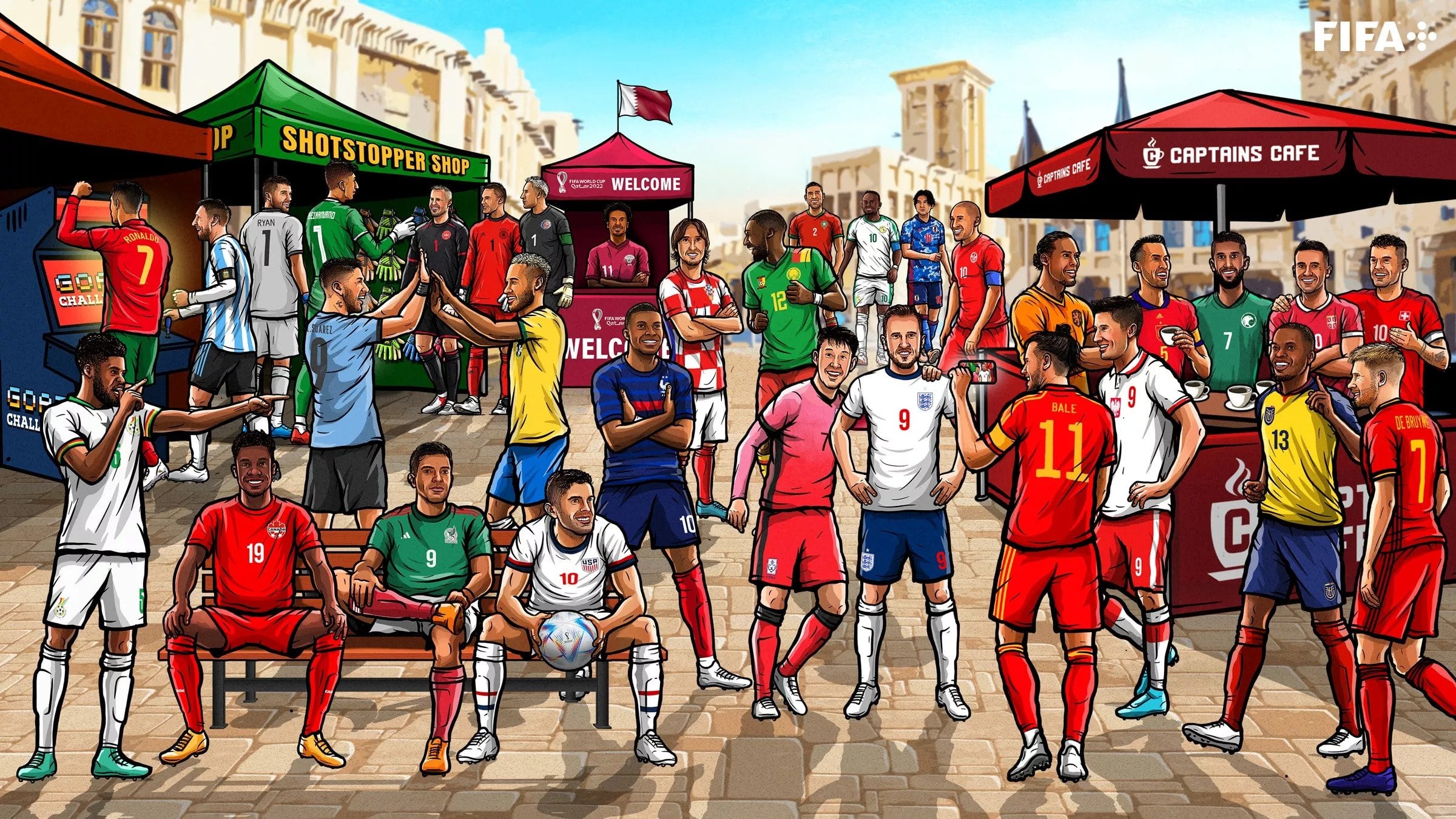Sport News
David Beckham urged to cut ties with Qatar and reverse his decision to be a ‘face’ of next year’s World Cup
Football legend, David Beckham is facing huge pressure to reverse his decision to be the ‘face’ of the Qatar World Cup.

Recall Amnesty International has repeatedly accused the Qatar government of treating migrant workers poorly in the country.
Amnesty’s 48-page report presents a bleak picture of what immigrant workers face, with Qatari promises of the abolition of the hated kafala system which restricted migrant workers from leaving the country or changing jobs without their employer’s permission not in evidence.
Senior sources at Unicef, a key part of his charity work for 15 years, are ‘dismayed’ by Beckham signing a multi-million-pound deal with the Qataris.
Amnesty said he should use his position to ‘keep the world’s focus on the human rights issues surrounding the matches’ at next year’s World Cup.
The organisation said: ‘David Beckham has a unique worldwide profile which offers wide opportunities to highlight human rights issues in Qatar.’
Since Beckham was unveiled as the face of the tournament, his camp declined to comment on the report, which exposes the host nation’s failure to investigate the deaths of construction workers after long shifts in the desert heat.
Beckham is due in Doha this weekend for the Qatar Grand Prix and now faces uncomfortable questions when he starts promoting the World Cup.
Amnesty’s UK chief executive Sacha Deshmukh urged England’s current players and coaching staff to speak up. Deshmukh said: ‘The FA is part of the UEFA Working Group on Workers’ Rights in Qatar and can press the Doha authorities over strengthening migrant worker protections, investigating worker deaths and helping to fashion a tournament with a genuinely positive legacy.’
An FA spokesman said: ‘We believe there is evidence of substantial progress being made by Qatar in relation to workers’ rights, but we recognise there is still more to be done.’ The Qatari Government did not respond to a request for comment.





